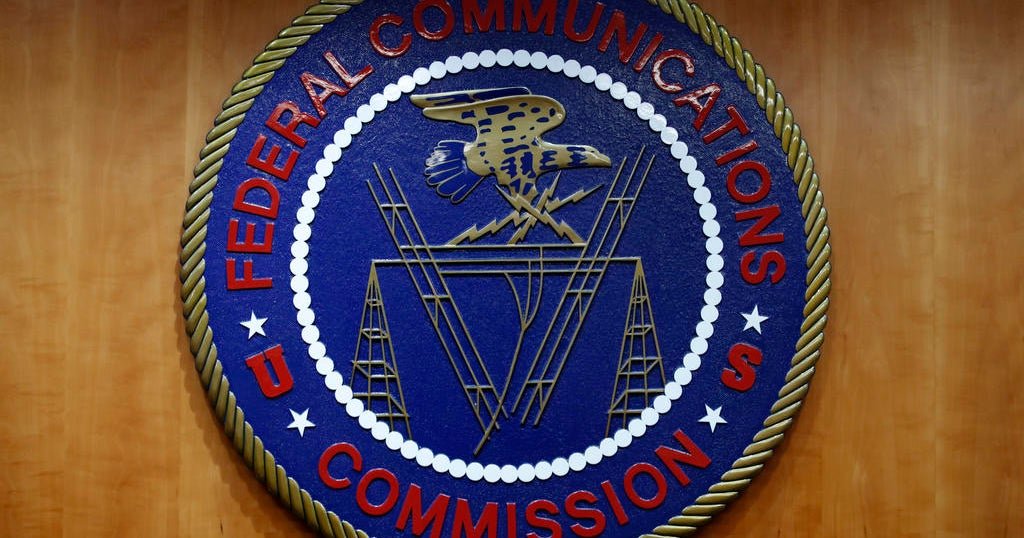Washington — The Supreme Court on Friday upheld the Federal Communications Commission’s multi-billion-dollar mechanism for expanding phone and internet access to rural and low-income communities.
The high court ruled that neither Congress nor the FCC violated the Constitution with its chosen scheme for administering the Universal Service Fund, which is supported by contributions from communications carriers and funds programs designed to improve access to telecommunications services.
Justice Elena Kagan authored the majority opinion for the 6-3 court, with Justices Neil Gorsuch, Clarence Thomas and Samuel Alito in dissent.
“For nearly three decades, the work of Congress and the Commission in establishing universal-service programs has led to a more fully connected country. And it has done so while leaving fully intact the separation of powers integral to our Constitution,” Kagan wrote.
With its decision, the high court passed on an opportunity to revive a long-dormant legal concept known as the nondelegation doctrine, which some conservative justices have in recent years expressed support for revisiting.
Rooted in the separation of powers, the doctrine restricts Congress from delegating its legislative powers to executive branch agencies. A conservative nonprofit called Consumers’ Research challenged the constitutionality of the Universal Service Fund, arguing that Congress’ delegation of power to the FCC and the FCC’s delegation to a private corporation that sets carriers’ contribution rates was unlawful.
But the Supreme Court rejected the group’s challenge and found that the Universal Service Fund does not violate the nondelegation doctrine.
Established by the FCC after Congress passed the Telecommunications Act of 1996, the Universal Service Fund aims to ensure communications systems are available nationwide. Carriers pay into the fund and the contributions are used to subsidize phone and internet services to low-income customers, rural and high-cost areas and to schools, libraries and rural health care providers.
The FCC created the Universal Service Administrative Company in 1997 to administer the fund and determine the amount carriers have to pay into it. The not-for-profit corporation also disburses money to program beneficiaries.
Fees are set based on a percentage of a carriers’ revenue, and telecommunications companies pass on their share to consumers. The program collects nearly $10 billion annually, according to the administrator.
More than 12,000 schools and libraries, and more than 9,000 rural health care providers have benefited from initiatives backed by the Universal Service Fund, and more than 8 million low-oncome households have been served.
The legal battle at the Supreme Court started in 2022 when a group of consumers, a carrier and the nonprofit Consumers’ Research challenged the constitutionality of the Universal Service Fund with the U.S. Court of Appeals for the 5th Circuit.
The plaintiffs argued that the fund is unlawful because Congress unconstitutionally delegated its authority to the FCC, which in turn transferred power to the Universal Service Administrative Company. The full U.S. Court of Appeals for the 5th Circuit sided with Consumers’ Research and found that the combination of Congress’ delegation to the FCC, and the commission’s subdelegation to the fund administrator violates the Constitution.
The Justice Department under former President Joe Biden asked the Supreme Court to review the 5th Circuit’s ruling, and the Trump administration continued to defend the constitutionality of the Universal Service Fund.
